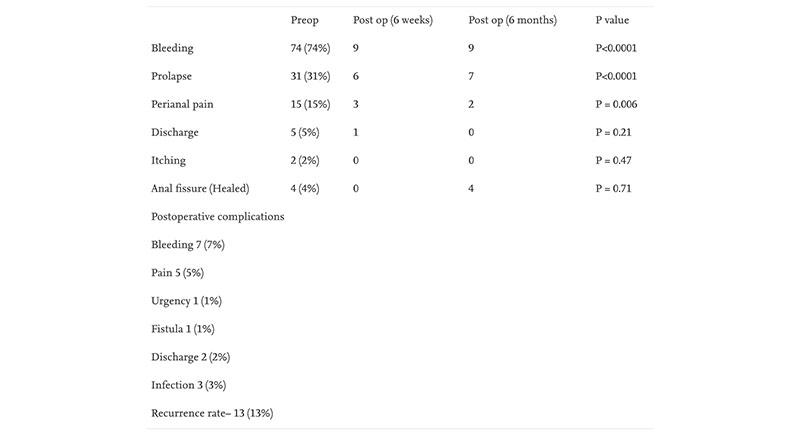- United States
- Italia
- United Kingdom
- Deutschland
- France
- España
WARNING: You are about to leave the www.thdlab.com website.
If you wish to proceed, you will be taken to an external affiliated website that may contain information that is not consistent with the content on the thdlab.com website.
THD S.p.A. has provided this information for your convenience.
Some of THD products may not be available for the Country of your interest.
Please contact THD at https://www.thdlab.com/contacts for enquiry to ensure the product you are interested in is available in your area.
By clicking on the CONTINUE button, you acknowledge the previous statement and will be taken to the linked site. If you wish to remain on this site, select the BACK button.
WARNING: You are about to leave the www.thdlab.com website.
If you wish to proceed, you will be taken to an external affiliated website that may contain information that is not consistent with the content on the thdlab.com website.
THD S.p.A. has provided this information for your convenience.
Some of THD products may not be available for the Country of your interest.
Please contact THD at https://www.thdlab.com/contacts for enquiry to ensure the product you are interested in is available in your area.
By clicking on the CONTINUE button, you acknowledge the previous statement and will be taken to the linked site. If you wish to remain on this site, select the BACK button.
WARNING: You are about to leave the www.thdlab.com website.
If you wish to proceed, you will be taken to an external affiliated website that may contain information that is not consistent with the content on the thdlab.com website.
THD S.p.A. has provided this information for your convenience.
Some of THD products may not be available for the Country of your interest.
Please contact THD at https://www.thdlab.com/contacts for enquiry to ensure the product you are interested in is available in your area.
By clicking on the CONTINUE button, you acknowledge the previous statement and will be taken to the linked site. If you wish to remain on this site, select the BACK button.
WARNING: You are about to leave the www.thdlab.com website.
If you wish to proceed, you will be taken to an external affiliated website that may contain information that is not consistent with the content on the thdlab.com website.
THD S.p.A. has provided this information for your convenience.
Some of THD products may not be available for the Country of your interest.
Please contact THD at https://www.thdlab.com/contacts for enquiry to ensure the product you are interested in is available in your area.
By clicking on the CONTINUE button, you acknowledge the previous statement and will be taken to the linked site. If you wish to remain on this site, select the BACK button.
WARNING: You are about to leave the www.thdlab.com website.
If you wish to proceed, you will be taken to an external affiliated website that may contain information that is not consistent with the content on the thdlab.com website.
THD S.p.A. has provided this information for your convenience.
Some of THD products may not be available for the Country of your interest.
Please contact THD at https://www.thdlab.com/contacts for enquiry to ensure the product you are interested in is available in your area.
By clicking on the CONTINUE button, you acknowledge the previous statement and will be taken to the linked site. If you wish to remain on this site, select the BACK button.
WARNING: You are about to leave the www.thdlab.com website.
If you wish to proceed, you will be taken to an external affiliated website that may contain information that is not consistent with the content on the thdlab.com website.
THD S.p.A. has provided this information for your convenience.
Some of THD products may not be available for the Country of your interest.
Please contact THD at https://www.thdlab.com/contacts for enquiry to ensure the product you are interested in is available in your area.
By clicking on the CONTINUE button, you acknowledge the previous statement and will be taken to the linked site. If you wish to remain on this site, select the BACK button.

